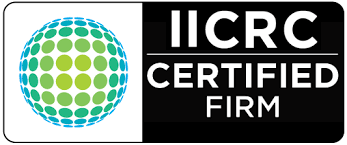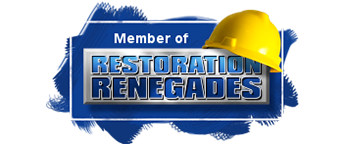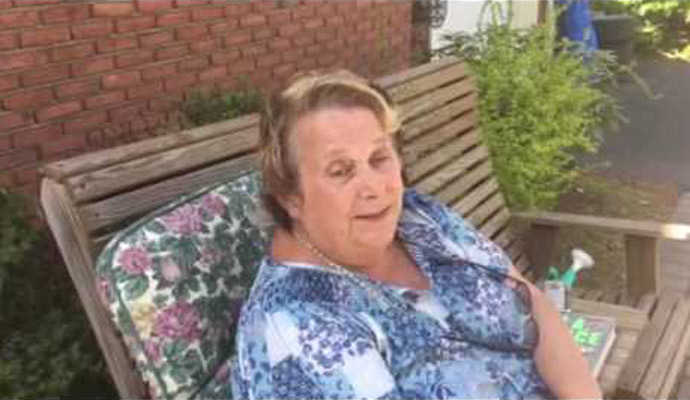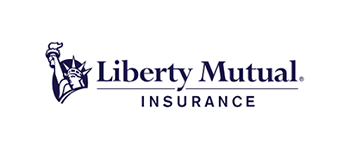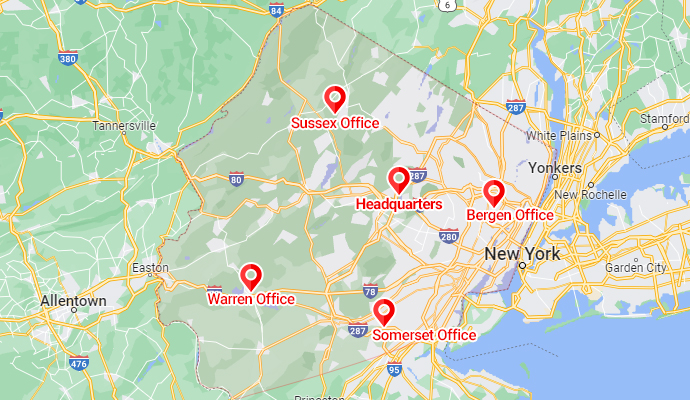How to Deal With Your Insurance Company if You Experience a Disaster
Dealing with a property disaster is overwhelming enough without the added stress of being unsure how to properly communicate with your homeowner’s insurance company. Here are some practical steps you can take to ensure the process is handled properly.
Once the emergency is under control, call your insurer to get the ball rolling on your claim. Your agent will be able to tell you what your policy covers and send out an adjuster to assess the damage. This adjuster can also let you know what damage is covered under your policy. They should assist you if you are displaced from your home, find a place to stay, and cover these expenses until you can get back into your home.

The next step you should take when you experience a property disaster is to reach out to a reputable restoration company. Whether you’re dealing with water damage, fire damage, or a sewage backup, the expertise, and experience of PDQ Restoration can help you assess the home damage and make the process of working with your insurance company go much smoother.
If you are able to safely go into your home, after a disaster, begin to document the damage. Photograph and take videos of everything you can and make lists of all items which have been damaged or destroyed. Be careful not to disturb the contents of your home, until you have received the approval of both safety professionals and your insurance adjuster. You’ll also want to gather any important documents or records which could benefit the claim handling.
Talk with your adjuster about any Assignment of Benefits agreement. This is an agreement that states that you will allow a third party - like a restoration company - to receive benefits directly from the insurance company. While convenient in most cases, this also can mean that the insurance company is only going to communicate with that third party, which can have all sorts of legal ramifications.
This agreement is not a requirement in order to have the repairs or restoration completed on your home, so educate yourself according to your specific insurance policy so you are prepared to make a decision.
Once the adjuster has completed assessing the damage, they will present you with a settlement. If you do not agree with the settlement, you can choose not to sign it. You can work with the insurance company if you feel they are not covering items that should be covered, or they are offering to pay less for items or repairs. If you and the insurance company still cannot agree, you can contact your state department of insurance and request a mediation process.
A word of caution – Once the adjustment process is complete, and it’s time to start employing repair and restoration companies to do the work to your home, be aware of fraudulent contractors. Just as you receive solicitations for traffic school when you are involved in a car accident, you’ll also start receiving unsolicited offers from contractors to repair your property, or haul your damaged belongings away. In order to protect yourself during this time, do not agree to any work being done that you don’t request.
When you and your insurance company have decided on a settlement, the restoration process can begin. Depending on what your terms are, the insurance company will either provide you with a check, or multiple checks, or they can pay the contractor(s) directly. If you have any questions about the restoration process along the way, be sure to reach back out to your adjuster. Also, be sure you are happy with the restoration work that’s been done before you sign off on jobs.
You should be aware that the claims process for home and property damage can be lengthy. During this time, here are a few tips to help you feel more assured:
- Do not feel rushed or pressured to quickly sign off on a settlement.
- You can request to have a trusted contractor review the adjuster’s inspection, as well as the settlement offer before you sign it.
- If, during the restoration process, you find more damage, reconnect with your adjuster and ask for a re-evaluation.
Experiencing a disaster that damages your home and property is challenging. By knowing the proper steps to take in dealing with your homeowner’s insurance company, you will help make the process of repair and restoration go much smoother. Remember, knowledge is power!




